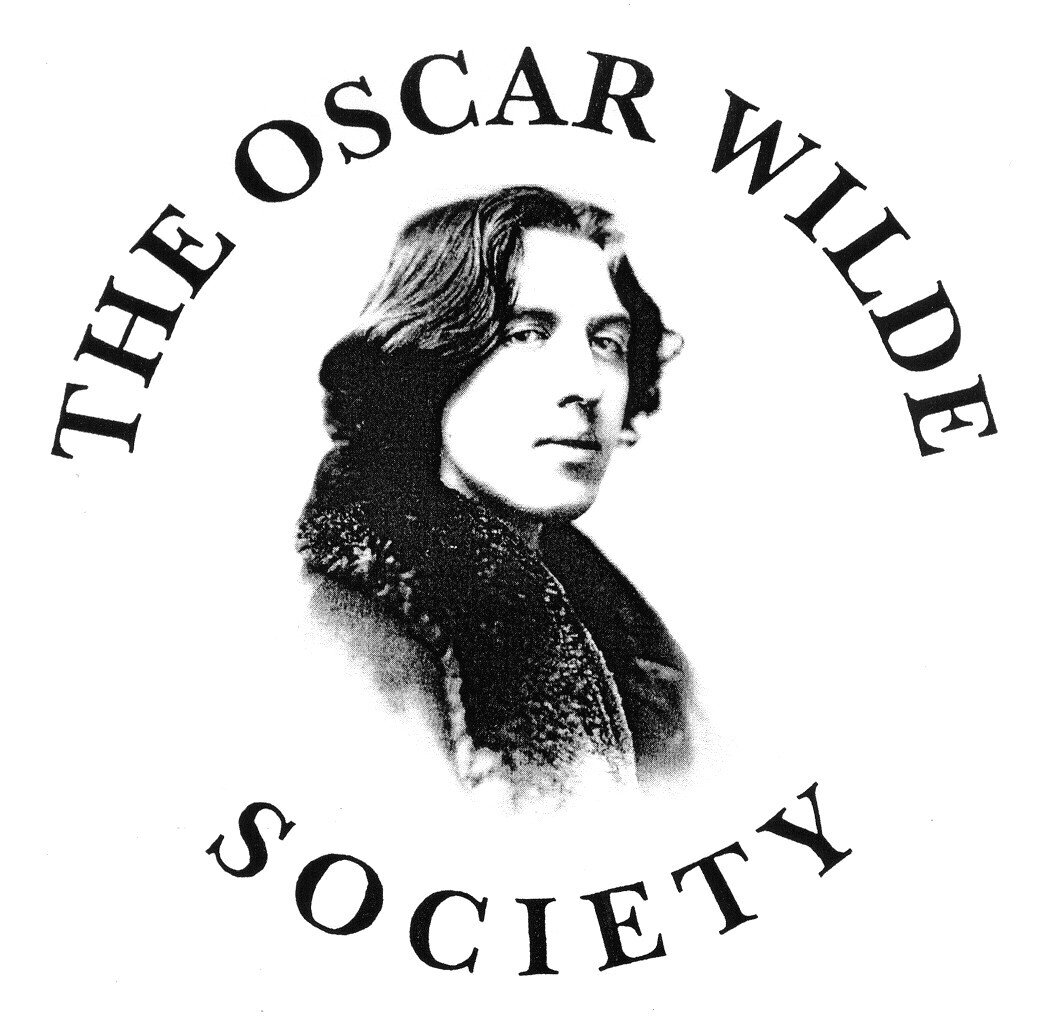In association with the Oscar Wilde Society, BADS was delighted to present two online Thursday evening events exploring new research in Wildean Studies.
The Wilde Connection
Thursday 26 November & Thursday 3rd December 2020, 7.30 - 8.30pm
Dorian Gray in the Comics
Darcy Sullivan
Thursday 26 November (19.30 - 20.30 GMT)
Supernatural tales and gothic fiction have long been a mainstay of comic books and graphic novels, so The Picture of Dorian Gray had an immediate appeal to creators and publishers. However, while crime and horror of every sort proliferated in this medium from its outset, sexuality — and particularly homosexuality — was taboo. How did this affect the treatment of Dorian Gray in comics? Starting from its first adaptation in British boys’ adventure comics, Darcy Sullivan will chart the evolution of Dorian Gray in Western comics, and show how artists and writers adapted the story to the commercial demands of what was considered a children’s market. Discover how the decadent sensibilities and ground-breaking sexual shadings of Wilde’s novel made their first tentative appearances in the comics format, and finally flourished in the medium more than 100 years later.
Darcy Sullivan is Press Officer for the Oscar Wilde Society. He is a regular contributor to The Chap, and has written extensively on comic books for The Comics Journal and other publications. Darcy played James McNeill Whistler in Oscar’s People, a short play written and directed by Society member Neil Titley in 2018. He curates the Facebook page The Pictures of Dorian Gray, featuring 100 covers of the book, and runs the Oscar Wilde Society YouTube page, on which the recordings of these jeudis are hosted.
Wilde, Stoker, Dracula
Eleanor Fitzsimons
Thursday 3rd December (19.30 - 20.30 GMT)
Bram Stoker, born in Dublin seven years before Oscar, knew the Wilde family well. He was friendly with Willie at Trinity College, Dublin, and nominated Oscar for membership of the Philosophical Society, although they were not close friends, particularly after Bram married Oscar’s girlfriend. A regular visitor to the Wilde family home, Bram, who was Auditor of the Historical Society, loved listening to Sir William Wilde, a keen Egyptologist. His discovery of the mummified remains of a dwarf informed Bram’s The Jewel of the Seven Stars (1903). Bram and Lady Wilde shared a fascination with Irish folklore: “In the Transylvanian legends and superstitions,” she observed, “many will be found identical with the Irish”. One was that “the dead are only in a trance; they can hear everything but can make no sign”. In Ancient Legends, Mystic Charms & Superstitions of Ireland, published ten years before Dracula, she wrote of horned witches drawing blood from victims as they slept; of men assuming the shape of wolves; and of monstrous, soul-devouring hounds. In Dracula, Bram’s “weird sisters” feed on the blood of men and Dracula assumes the shape of “an immense dog”. How deep does the influence of the Wilde family run in Dracula?
Eleanor Fitzsimons is a researcher and writer who specialises in historical and current feminist issues. Her work has been published in a range of newspapers and journals including The Sunday Times, The Guardian, History Today, and The Irish Times, and she is a regular radio and television contributor. Her first book, Wilde’s Women: how Oscar Wilde was shaped by the women he knew, was published by Duckworth/The Overlook Press in 2015. Her second, The Life and Loves of E. Nesbit, was published by Duckworth/Abrams Books in October 2019. She is an honorary patron of the Oscar Wilde Society, and a member of the editorial board of society journal, The Wildean.




